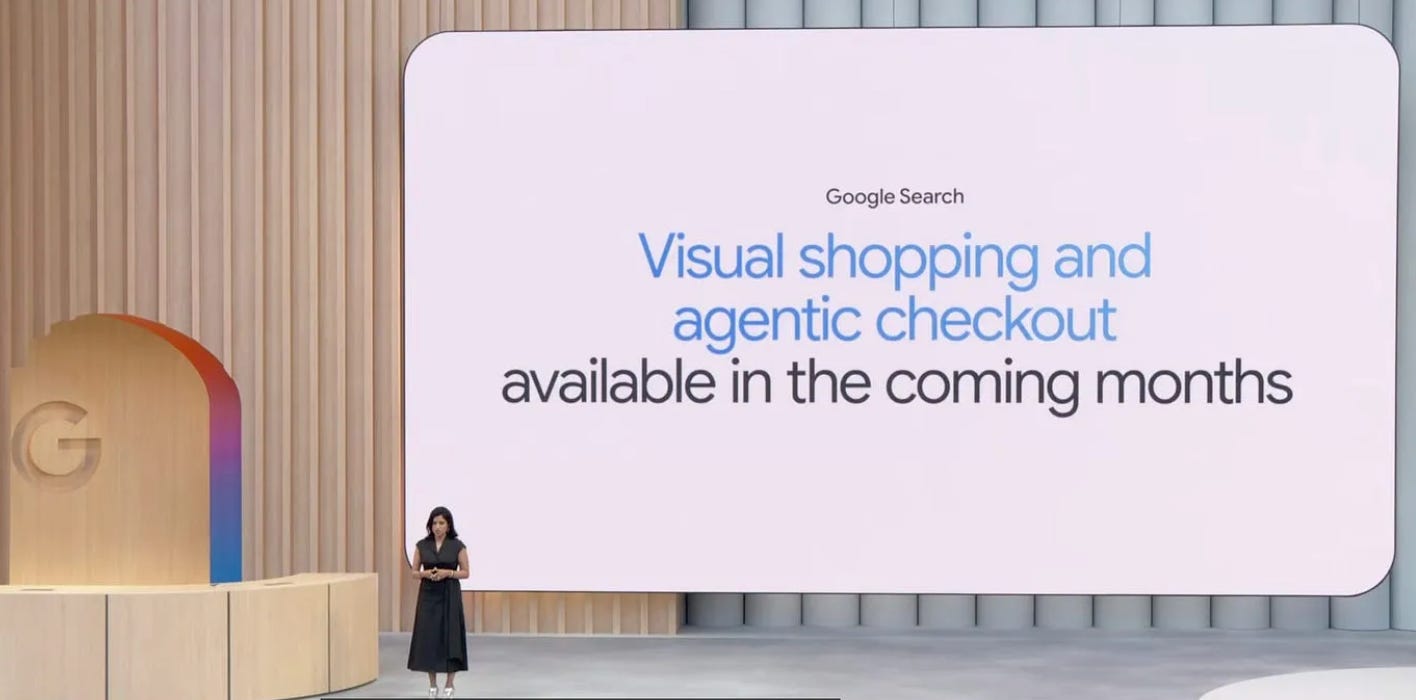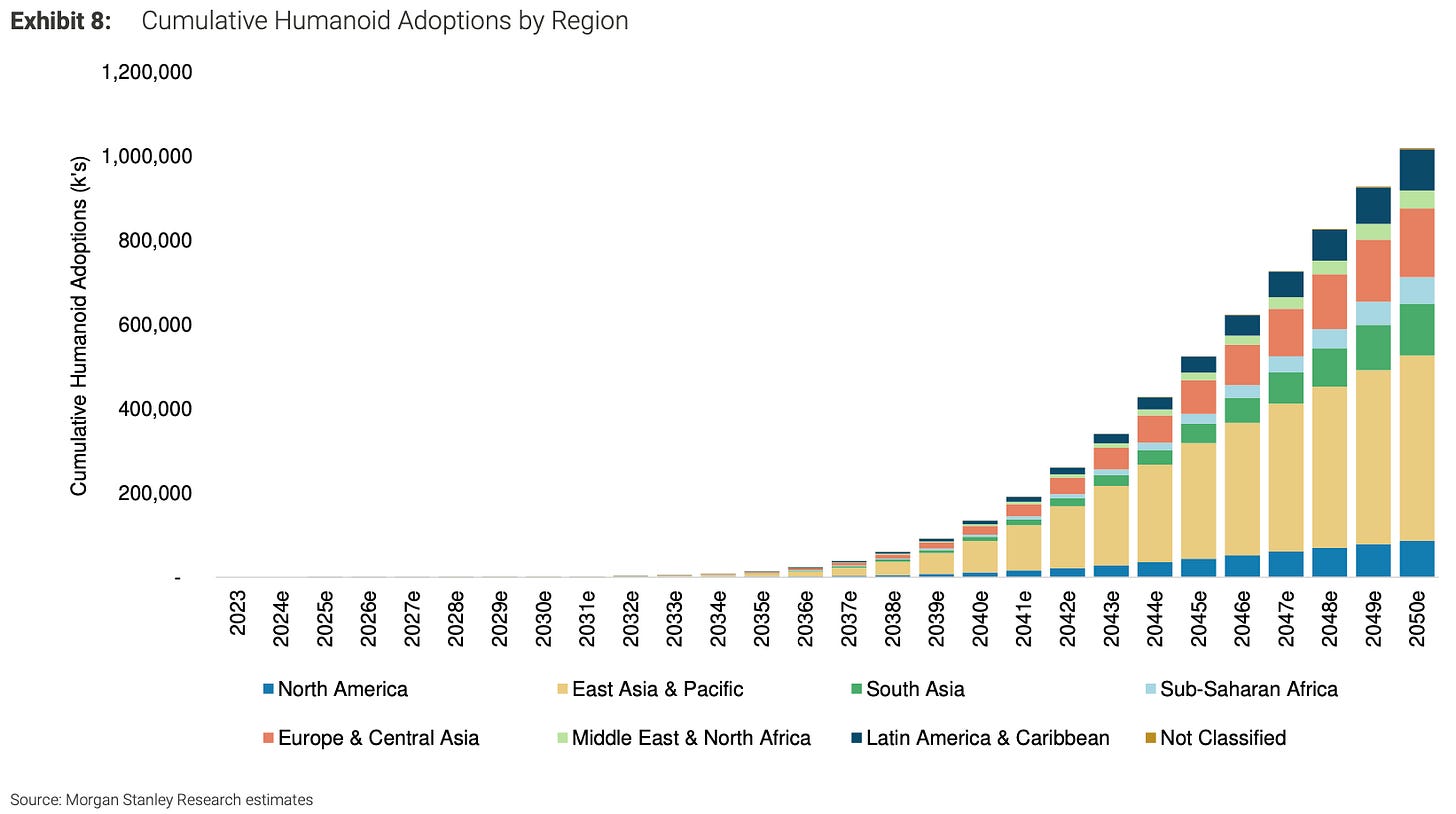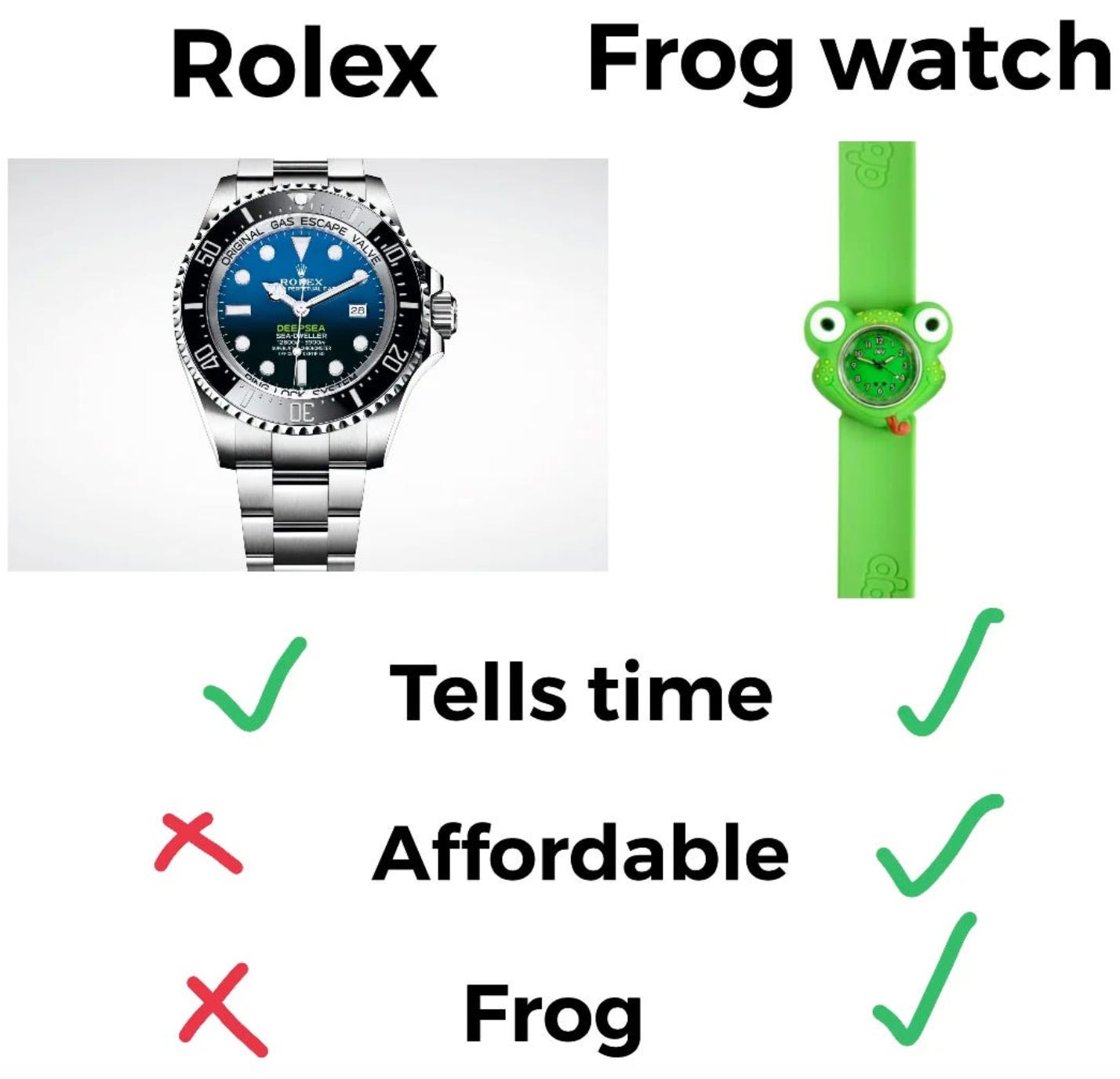AI agents are moving from assistants to actors. Google is collapsing discovery and purchase into a single AI-owned step. OpenAI’s Operator books hotels without APIs. Y Combinator is funding companies built around agents, not dashboards. The shift is from tools that help to systems that do.
Special thanks to Equeco for sponsoring this edition of the newsletter:
Equeco’s Performance Marketing Platform leverages your website content to dynamically manage high-performing PPC campaigns at scale, from keywords and audiences to ads. Leading travel brands like Marriott, Klook, and Blablacar rely on our technology and expertise to maximize ROAs across Google, Bing, and Meta.
Claim your free audit today or meet our team at PhocusWright Barcelona, June 10-12.
0. Most clicked in the previous newsletter
The most clicked link in the last issue was the image from “How AI is supercharging solo founders and reshaping tech investing,” which shows companies that make at least $1 million per year and were started by one person.
1. Google’s AI checkout rewrites the rules of e-commerce
InGoogle kills the checkout, Marc Bauman breaks down how Google’s new “Shop with AI mode” lets users discover and buy products directly from search, no retailer website required. On the surface, this looks like a UX upgrade, but it might be more like a land grab.
By collapsing discovery, evaluation, and purchase into a single step owned by Google, the traditional e-commerce funnel disappears. This impacts retailers and entire industries built on optimization: checkout tools, landing pages, fraud prevention, and conversion software.
Travel founders should pay attention. This shift won’t stop with consumer goods. The same dynamic will hit tours, activities, hotels, and flights; anything transactional that can be indexed and surfaced by an agent. Once Google owns both discovery and conversion, the value shifts from branded experiences to structured data and AI visibility. What matters is how clean, comprehensive, and machine-readable your product feed is. The Google Merchant Center may soon be your new homepage.
This isn’t a UX update. It’s a rewrite of the $5.5T e-commerce stack. And the AI – Google – now owns the funnel. This is a wake-up call for all business leaders. — Marc Bauman
2. How AI plans to get paid
In The Siren Song of Advertising, Eric Flaningam discusses how AI products might monetize their massive free user base. He believes advertising will come in several forms that feel more native to the user experience.
One model he explores is affiliate: the assistant recommends a product, handles the checkout, and takes a cut. That’s a lot more controlled than banner ads or sponsored answers and probably a better fit for AI interfaces.
For travel, this shift matters. If assistants start handling bookings directly, distribution will change. Price, availability, and trust may beat brand. And if affiliate economics drive that flow, companies that integrate well with LLMs (clean APIs, fast confirmations, clear inventory) stand to gain the most.
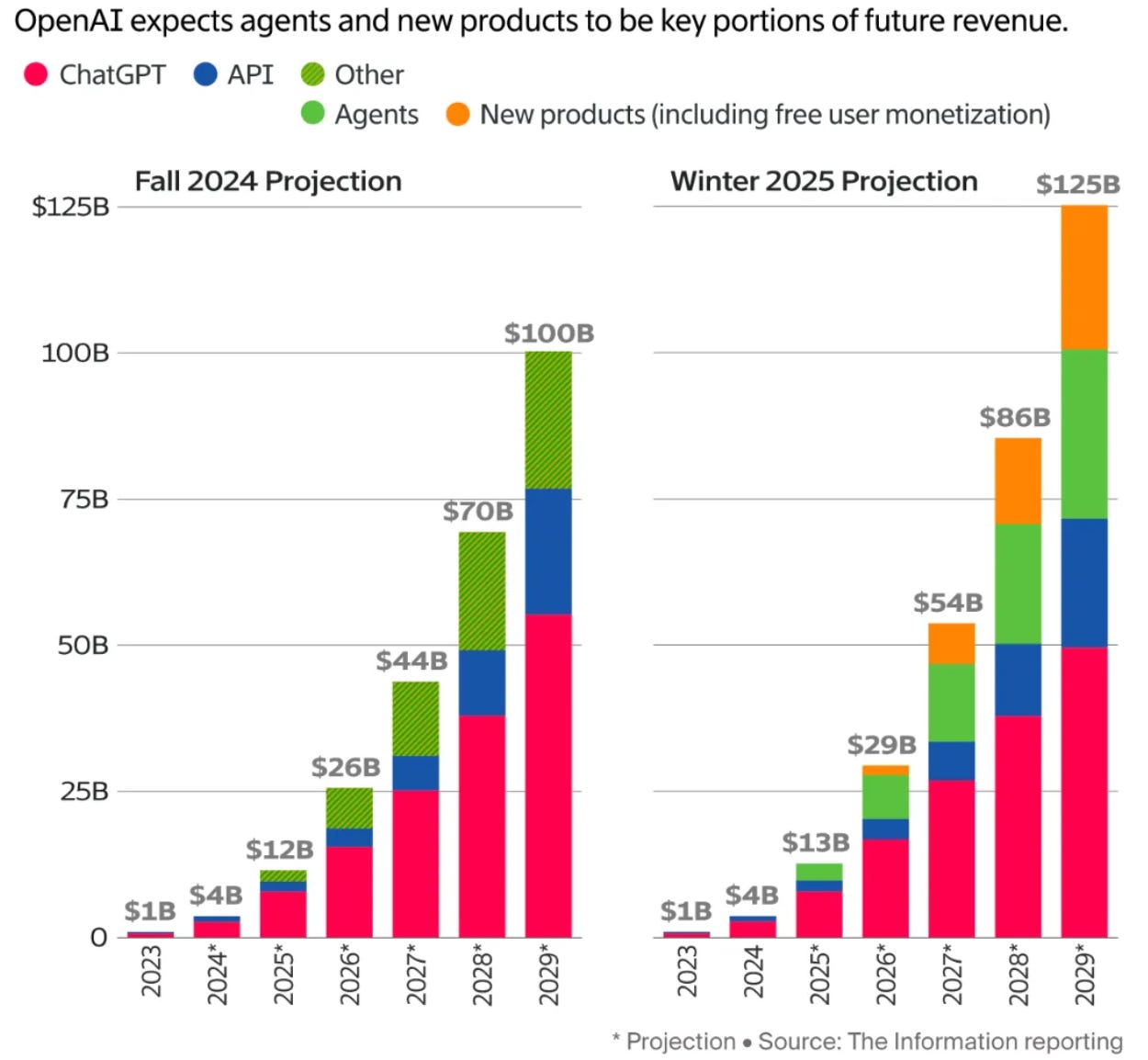
3. AI starts booking the hotel
OpenAI’s new agent, Operator, can browse websites and complete bookings, no API needed. Kristina Liebute (Mews) explains what this means for hotels: distribution is shifting again.
Operator handles natural requests like “Book me a boutique hotel in Paris under $300 with breakfast,” completing the transaction directly. This moves hotel marketing from human persuasion to machine-readable clarity.
It’s early, but if agent interfaces become the norm, expect more bookings through AI-optimized channels (like OTAs) and less brand control. The winners will have clean UX, fast inventory, strong guest data, and machine-readable first-party profiles. Read +
4. The $5T robot economy is coming
Morgan Stanley projects a billion humanoid robots in use by 2050, generating $5 trillion in annual revenue, nearly double the size of the global auto industry today. Most of that growth will be commercial: robots that operate across logistics, retail, manufacturing, and services. China is leading in production and adoption, but the US is expected to follow, especially if onshoring continues to grow.
The shift is directly relevant to travel and hospitality, where labor is expensive, turnover is high, and service consistency matters. Physical operations like cleaning, maintenance, luggage handling, check-in, and food service could all be handed off to humanoid robots. Read Morgan Stanley’s Humanoid Research Report.
5. YC signals a shift to full-stack and agentic
Y Combinator’s Spring batch and its Summer request for startups make one thing clear: the agent era has arrived. Spring 2025 is full of startups turning software into co-workers: agents that write code, process claims, triage email, and manage logistics. The Summer call pushes founders to go full-stack and build companies around these agents, not just tools for incumbents.
The shift is from dashboards to delegation. Tools like Zero and Lumari show how software is becoming conversational. Ops-heavy industries like healthcare and logistics are going first, and travel won’t be far behind. Voice tech is finally good enough to replace phone trees, and a new wave of infrastructure is making agent-based systems easier to build. YC also made a strong case for more designer-founders. As coding gets more accessible, design becomes the differentiator.
So…what would a full-stack AI travel company actually look like? It probably isn’t just another chatbot. Maybe it’s a general-purpose assistant that handles travel once it knows your preferences. Or maybe it’s an OTA, but with workflows so automated, it runs on a fraction of the headcount. Same promise, rebuilt from the ground up to move faster, adapt in real time, and operate at a different margin.
6. Expedia brings booking closer to the social media scrolling
Expedia’s new Trip Matching tool lets users DM travel reels to Expedia on Instagram and get instant, AI-generated itineraries with hotel and activity suggestions they can book directly.
It’s a smart attempt to bridge social inspiration with action, keeping the momentum going inside Instagram (instead of forcing a switch to search) and creating a smoother jump from discovery to action. The fundamentals haven’t changed. Booking still happens through Expedia, using Instagram’s in-app browser. It’s not a native commerce shift, but a smart interface layer.
This builds on Expedia’s Travel Shop rollout in 2024, and shows how OTAs are trying to shorten the path from scroll to sale.
7. Airbnb’s bold move is what founder-led companies do best
Airbnb’s expansion into real-world services and curated experiences is a move that most public companies wouldn’t take. But founder-led companies play by a different rulebook. Brian Chesky could simply optimize for margins, but as Airbnb’s founder (and Chief Risk Taker), he’s pushing toward a broader vision of Airbnb as an everyday platform, not just a travel utility.
This kind of ambition often comes from founders who still see the company as a product to shape, not just a business to run. Airbnb isn’t perfect, but it’s one of the few at scale still willing to reinvent its role. Whether the new Services and Experiences work or not, the move reflects the kind of risk that’s rare in corporate environments and essential for long-term breakthroughs.
8. Can Airbnb work when it’s not about travel?
Ben Thompson offers a sharp counterpoint to Airbnb’s latest announcement: vision is one thing, but marketplace dynamics don’t change just because you redesign the app.
Airbnb works for travel because it’s built around infrequent, high-trust transactions. Local services are the opposite: recurring, relationship-based, and hard to monetize through a platform fee. Once you find a great hairdresser or plumber, you don’t want a new one every time—and neither do they.
Thompson also questions the rebooted Experiences product. Bespoke, small-scale tours sound great, but they don’t scale without high prices or commoditization (something Airbnb has already seen with its own rental inventory). And when they do, they risk becoming the kind of mass-market tours Airbnb says it’s avoiding.
Chesky seems to think that the first version of Experiences failed because the app wasn’t good enough; I think it failed because the economics don’t work. — Ben Thompson
9. The problem with competitive matrices
Jeroen Coelen explains why competitive matrices mislead more than they help. They make your product look smarter and more complete, but give a false sense of validation, especially for early-stage founders.
Most matrices compare features, not customer needs. You can always look strong if you choose the right axes or irrelevant competitors. That doesn’t mean you’re building something people actually want.
A better approach is to map gaps based on user goals. If you’re building, skip the matrix and go talk to users. Understand what drives their decisions. Save the chart for your pitch deck, if at all.
10. Van Halen’s secret investor test
In a recent post, Burak Buyukdemir resurfaced a story about the 1980s rock band Van Halen. Hidden in their detailed concert contracts and requirements was a clause demanding a bowl of M&Ms with all the brown ones removed. It sounded like diva behavior, but in reality, it was a fast and brilliant test. If lead singer David Lee Roth walked in and saw a brown M&M, he called for a full inspection of the stage. The logic was that if the crew missed the tiny candy clause, they probably missed bigger safety instructions.
Burak’s version of this test is how founders handle email. He sees response habits as a proxy for operational clarity, strategic focus, and relationship management. If founders are slow, sloppy, or vague in their emails, investors notice. Some messages can wait, others can’t, and knowing the difference matters.
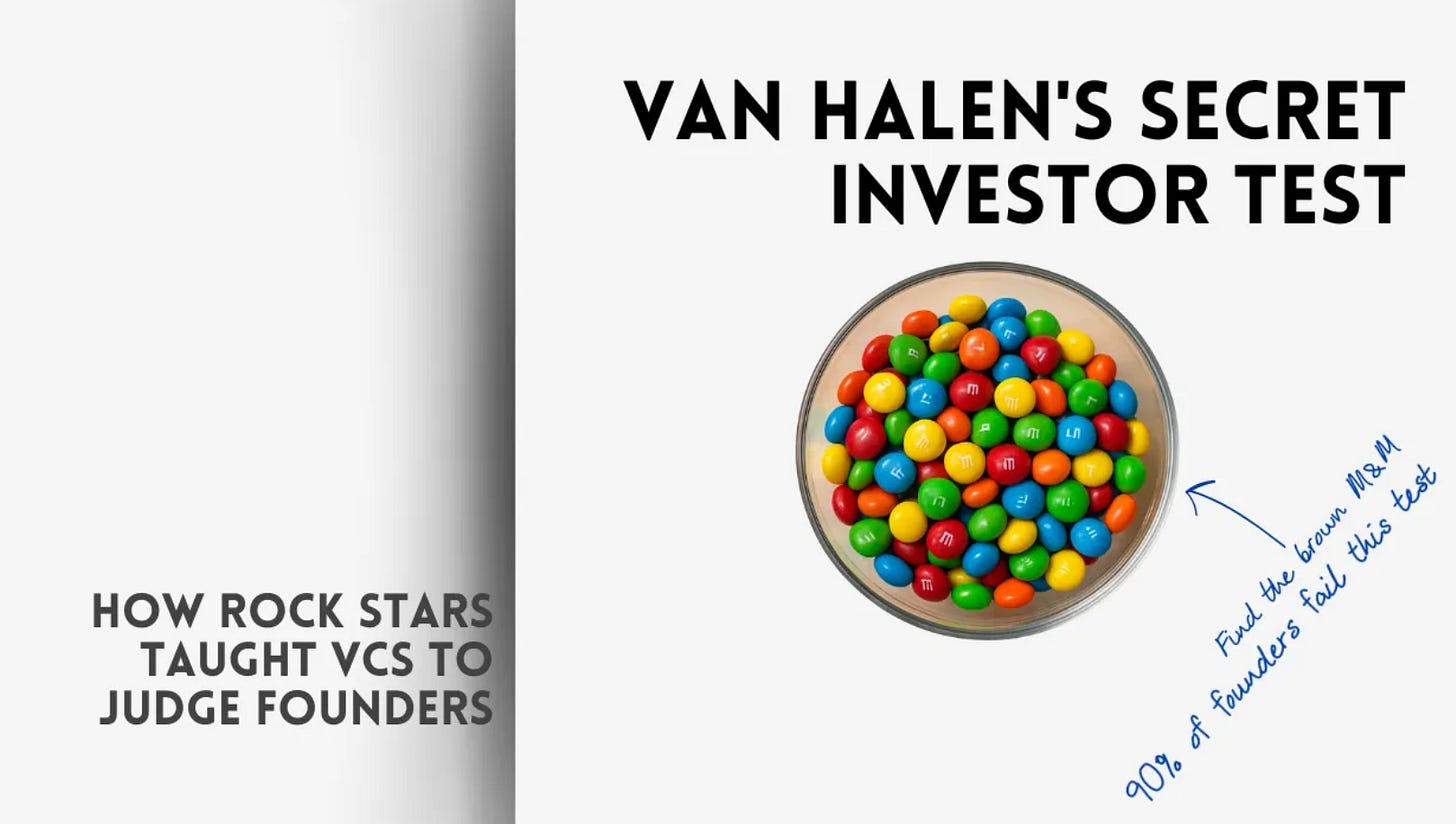
Travel Tech Essentialist Job Board
→ Explore all 1,347 open travel tech roles on the Travel Tech Essentialist Job Board now.
-
Airbnb | Global Influencer Lead | California | $160,000 – $200,000 + Equity
-
Charter Itinerary | Chief Technology Officer | Remote; Europe
-
TravelPerk | VP of Partnerships | Barcelona; London
💼 Employers: List your job openings here by completing this quick form
📩 For monthly updates on the latest roles, subscribe to the Travel Tech Jobs newsletter
Raising a round?
If you are a startup looking to raise a round (from pre-seed to Series D), I can help (for free). Travel Investor Network is a private platform where I recommend innovative travel startups to investors and innovators. If you’re interested, please start by completing this form.
If you like Travel Tech Essentialist, please consider sharing it with your friends or colleagues. If you’re not yet subscribed, join us here:
And, as always, thanks for trusting me with your inbox.
Mauricio Prieto


